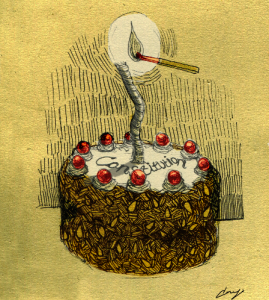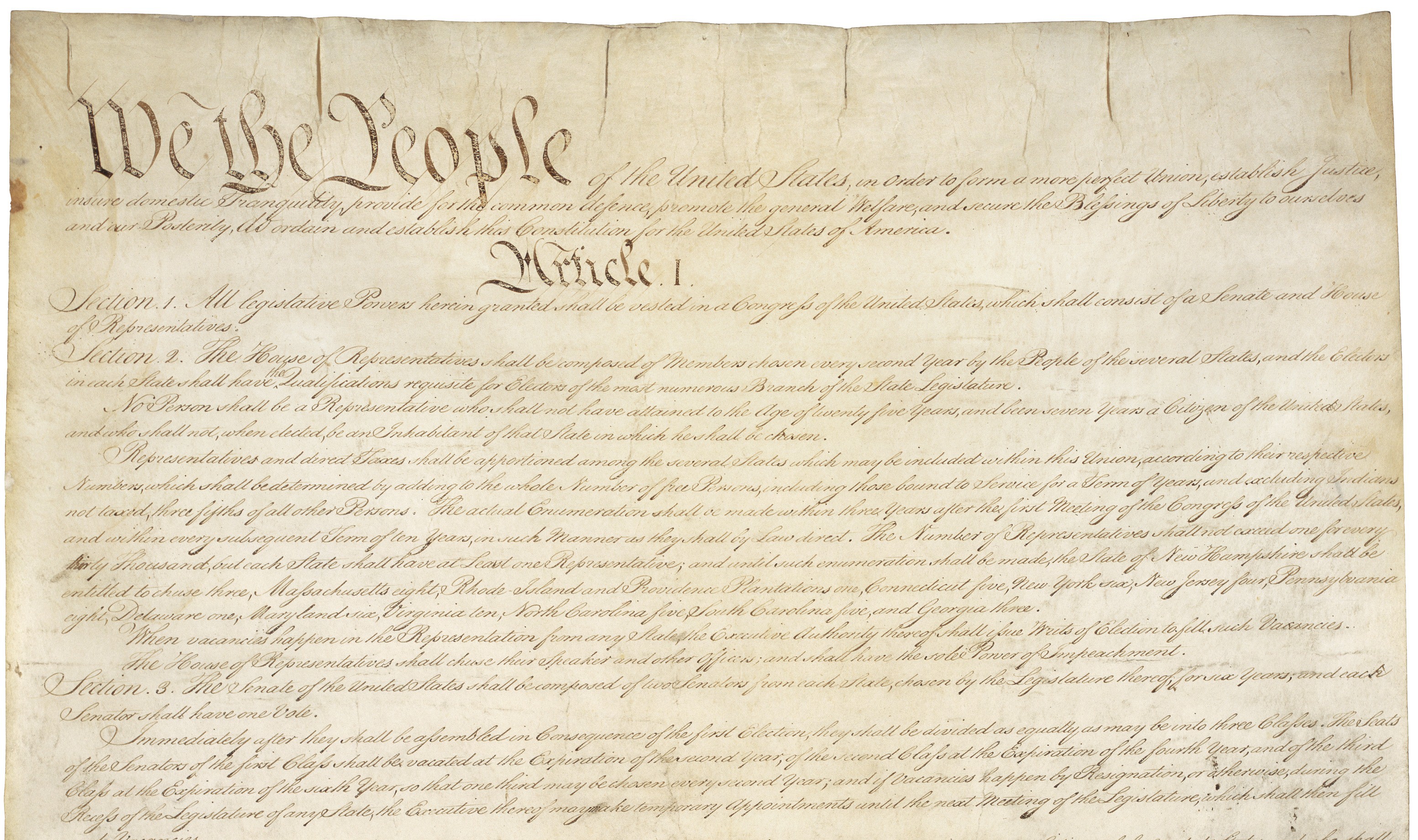Although it recently snowed in Cairo for the first time in over 112 years, an Arab spring may still be blooming, with the new Tunisian Constitution as its centerpiece. The Tunisian National Constituent Assembly (NCA) ratified a new constitution almost unanimously in January — one which Secretary of State John Kerry hailed as “a model for the rest of the Arab world.”

The newly-minted constitution’s passage is a product of cooperation among divergent political parties. After the 2011 ousting of dictator Zine el-Abidine Ben Ali, the Islamist party Ennahda won the general election and subsequently assumed governance of Tunisia. But earlier this year, the party stepped down to form a neutral interim government tasked with creating a constitution that would be more inclusive of various liberal and secularist minority groups. Ennahda has historically been a staunch opponent of more extremist Islamic groups such as the Salafists, who responded to the proposed Constitution with increased terrorist attacks throughout the country, aimed at delegitimizing the democratic process.
The new Constitution nevertheless attempts to incorporate Western democratic norms and procedures, including balance of power, independence of the judiciary and freedom of expression. It notably includes over two dozen safeguard articles in defense of human rights, collectively guaranteeing gender equality, protection against discrimination and protection from cruel and unusual punishment — all notable advances from the previous regime. But for all of the Constitution’s commendable accomplishments, President of the NCA Mustapha Ben Jaafar points out that “it is not a perfect document, but the product of an agreement.” Indeed, the 146 articles that outline governance and protocols include many concessionary articles and potential loopholes, which could later pose serious legal problems.
Rhetoric exists within the Constitution’s protection of rights that could prove problematic for the young democracy. Various provisions attempt to integrate both religious freedom and religious authority in civil society: Article VI, for example, protects the individual’s “freedom and belief and conscience” while simultaneously defending the “sacred” from attacks. This is a precarious balance. Protection of what is collectively deemed sacred often comes at the price of freedom of expression, and vice versa. Sacredness is not an objective or quantifiable concept, which allows the legal potential to grant disproportional agency to certain minorities preferred by the government. This principle can also obstruct women’s freedom of self-determination, for it could easily be reinterpreted to mean the protection of traditional gender roles.
Neither are religious protections the only enumerated rights that could eventually undercut women’s freedoms. Article VII makes family the nucleus of society, which could be used to make divorce excessively difficult in Tunisia, while Article XXI states that the “right to life is sacred,” which could play out poorly for women’s choice in abortion debates. The power of these religious protections is made stronger by the fact that the first article of the new Constitution proclaims Islam the state religion. Although Article VI protects against charges of apostasy — much to the dislike of Salafists — many potential limits on individual religious freedom still exist.
The NCA has distinguished between advocating for Shariah law and declaring Islam the state religion, a clear sign of compromise that contains the possibility of misinterpretation or misuse. Yet it has upsides. Since 98 percent of the Tunisian population is Muslim, recognizing Islam as the formal state religion stimulates national and cultural unity, while the Constitution’s rights-oriented clauses still benefit secular constituencies. The document’s mollifying language, then, effectively makes Tunisia a secular country with an Islamic face — a liberal, if unconventional, compromise.
The conciliatory process also has its benefits: These clauses were created to protect interests, not to serve as legal tools for oppression. And continued cooperation does seem viable. Ennahda has clearly demonstrated its willingness to compromise, since its head — Sheikh Rachid al-Ghannouchi — stated that he will not follow the zero-sum, winner-take-all strategy that the Egyptian Muslim Brotherhood has espoused.
The greatest mistake of the 1959 Tunisian Constitution was that, while seemingly liberal, it was written to please the ideological leanings of the elite. The document was doomed to fail and the country fated for renewed dictatorship because the Constitution was imposed without compromise or public consideration. While the new Constitution includes some clauses that hint at the potential for illiberal rule — especially if courts choose to so interpret its statutes — it nevertheless holds fundamental liberal principles at its core. It is now a developing Tunisian consensus on religion that will determine the Constitution’s interpretation.
